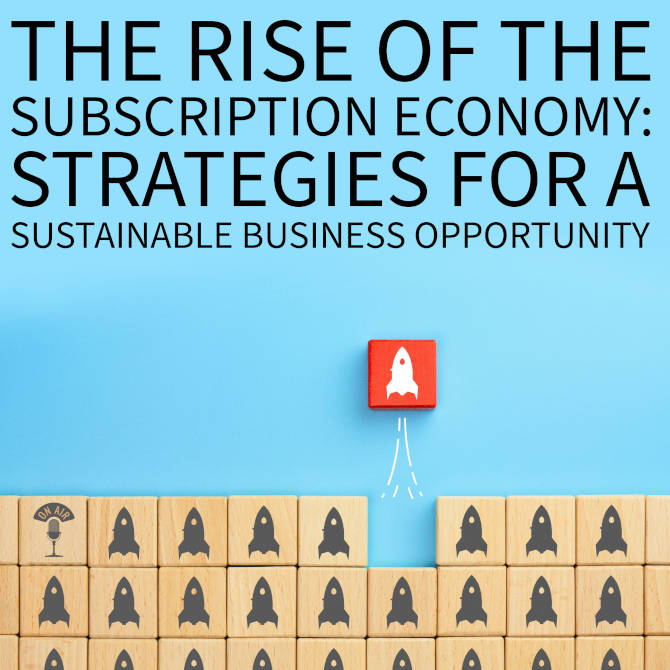Introduction: Philosophy in the Modern World
During the weekend, I attended a dinner party where my friend Catherine brought up a topic about how social media platforms such as TikTok have significantly affected people’s fear in discussing various subjects, including social and political issues that have been discussed for centuries. This made me reflect on whether our way of thinking has become way too… Polarised, leading to a decline in the art of philosophy.
So, let’s look down the path of philosophy.
The Timeless Influence of Ancient Philosophers
Most of us were introduced to some of the most renowned philosophers of all time during our school years, such as Socrates, Plato, and Aristotle. who lived more than 2, 300 years ago, and it’s remarkable that these theorists are still widely known today, as there are few historical figures who can claim such enduring fame.
Now, Socrates is widely regarded as one of the founding figures of Western philosophy, and his philosophy focused mainly on the idea of the pursuit of knowledge, wisdom, and the good life. He believed that the ultimate goal of human existence was to achieve happiness and flourishing. Whilst his student Plato developed his own distinctive views and probably became the most influential philosopher in history, who theorised the immortal and that the goal in life is to seek knowledge and wisdom.
And now we come to Aristotle, who was a student of Plato. We can see a little pattern here. Now I think Aristotle was the most interesting out of the three as he would tackle subjects like ethics, politics, and logic, which he used to analyse the world around him. I suppose the question is, is there actually a place in today’s world for philosophy, or am I just theorising?
Shall we start?
Philosophy’s Relevance Today: Beyond Social Media Constraints
I think in today’s world, it’s easy to say that philosophy is redundant, and with the likes of social media, that’s easily justified. However, we shouldn’t ignore how crucial philosophy is in today’s society as it helps us to think critically and logically about important issues and ideas. You see, philosophy encourages us to question assumptions, evaluate evidence, and consider a different perspective, which is essential for making informed decisions and engaging in constructive dialogue with others.
Sadly, there seems to be an ever-growing fear in people discussing things, and the fear sits in the realm of being cancelled. For having a different perspective. The repercussions of this is that creativity and the idea of imagining new possibilities for how we could live and relate to one another actually goes out the door.
Let’s face it, we cannot address complex social, political, and ethical issues without a true framework to follow. And if we don’t have such a philosophical framework, then we would not be able to address theories of morality and ethics. Now apart from societal thinking, the same perspective can most definitely be applied to business.
Philosophical Thinking in Business: A Logical Approach
Helping decision-makers assess their options and choose the best course of action. And one of the key ways in which philosophy can improve decision-making in business is by encouraging a more rational and logical approach.
Many decisions in business are made based on instinct or gut feeling, and there is a place for that, but this can be problematic because it’s often difficult to justify these decisions, and they may not be based on sound evidence or reasoning.
And in today’s world, where we have analytics and all forms of research, there’s no excuse really to follow your gut feeling. Over the years, I’ve heard many times where business owners have stated, for example, campaign-based ideas, that that’s how they’ve done it for years. And that’s how they built their business.
Well, we all know that marketing ideas have moved on. And if you’re still advertising, say in national newspapers and not using social media, then your idea has become very problematic to the detriment of your business. Now, if we incorporate philosophy into the decision-making process, businesses can promote a more reasoned and logical approach, which can help to avoid rash decisions and increase the likelihood of making the right choices.
It’s not unheard of that different businesses may draw on different philosophical ideas and theories.
Philosophy in Business Decision-Making: Examples from History
Some philosophers who are often discussed in relation to business include. Adam Smith, Karl Marx, which I’ll come to a little later, and Friedrich Nietzsche.
However, it’s important to note that philosophers are not typically directly used in business, rather their ideas and theories may be studied and applied in a business context.
Now, I mentioned Karl Marx as an example of philosophers discussed in relation to business, and many would be surprised by such a comment, as we sit more in a capitalist realm, and we would think that his theories wouldn’t even touch the surface. However, Marx’s ideas about relationships between labour and capital, and in which the way capitalism can create inequality, are often the subject of business schools and discussions of business ethics.
In this way, Marx’s ideas can be seen as providing a critical perspective on business and capitalism. I suppose many would classify this as being the devil’s advocate. So by adding Karl Marx into the mix enables that very critical thinking and reflection I mentioned earlier into business theory. Which can then be applied to business, helping decision-makers to assess their options and choose the best course of action.
Ethics and Philosophy: Applying Morality in Business
So, if we were to take the ethical branch of philosophy, that will deal with the moral principles and values, we can see how this can be applied to business.
Making sure the decisions are fair and responsible. For example, your business is considering ways in which it could save money. And one way would be to make a few redundancies.
Now, a philosophical examination of the ethical implications of such a decision could help the company to determine whether this is the right thing to do, which I suppose fits into the pros and cons list, without a doubt, then when working on, say, business change management. This is definitely a process that would need to be followed, even though it never goes under the term of philosophy.
The Case Study: Applying Systems Thinking in Business Change
I remember when I was contracted by a large well-known financial establishment and they wanted me to help them in restructuring their marketing department. Now, in this situation, I would have taken a more system-thinking approach as one department was part of a larger ecosystem that would consist of a very many interrelated parts.
And if I made a rash decision on who to make redundant, this could easily start a ripple effect throughout the entire organisation. So every position was heavily analysed and how interconnected departments were.
I remember one time I was attending the regular board meeting and one director quite flippantly stated we should just get rid of this person and that person, and then proceeded to list out the names and summarised his thoughts with, as they don’t seem to do much.
For one, this would definitely enable them to reach their short term goal. However, the long term implications would have been massively detrimental to the business.
By applying system thinking into the change management process, it gave the business a better understanding of how the changes in one area of the organisation can have an impact on the other area.
And that if we take a more comprehensive and strategic approach, this would lead to a more successful and sustainable change, which definitely outweighs the short term gains. I must add that in my final report, before proceeding with the implementing change management process, I removed individuals’ names, as that takes away from any form of bias on the director’s level.
As you’ll find that many directors know these individuals, but they don’t rightly know where each individual sits in the organisational chart. And ironically, the director of that department was repositioned as part of the process.
Philosophy in Formulating Mission Statements and Values
In addition to improving the decision-making process, philosophy does help in developing a strong mission statement and a set of values, as we can delve into the purpose or reason for a business’s mere existence.
So when someone asks you about your company’s mission statement, you can explain that you examined your company on a Socrates philosophical basis.
Where you evaluated the nature of happiness and the common good and not solely on profit. But we also took into account the wellbeing of stakeholders, which included say, employees, customers, and the broader community.
Philosophy and Social Value in Business: The Modern Imperative
That’s definitely going to be a conversation piece for you. Imagine being on a podcast and talking about Socrates. That would be fantastic. And of course, you can utilise it across all forms of marketing, which can be reflected in building trust and credibility. Consumers are increasingly interested in knowing what a company stands for and whether their actions align with their own values.
Now, I suppose with the sort of polarised thinking, that fits in quite nicely. So by incorporating philosophy into your mission and value, your business can create a strong and coherent set of guiding principles that reflect your specific commitment to Ethical behaviour and social responsibilities.
And that’s a true value that philosophy sits in today’s business and should definitely not be underestimated, which brings us nicely to Harvard Business School professor Michael Porter, who is a leading authority on business strategy and competitiveness. He is known for saying the business of business is not just to make a profit, but to create social value. That’s incredibly relevant in today’s world as businesses face increasing pressure to address social and environmental challenges and operate in a way that creates value for all stakeholders, not just shareholders.
Conclusion: The Enduring Value of Philosophy in Business and Life
Well, that’s enough deep thinking for today. I hope you enjoyed this philosophical journey, but don’t worry, we’ll spare you any more mind-bending theories until the next episode.
Now, let’s get to the important stuff. Don’t forget to hit the follow and subscribe button before you leave. Otherwise, we might have to send Plato and Aristotle after you.
Just kidding. But seriously, don’t forget to tune in next time. Bye for now.











